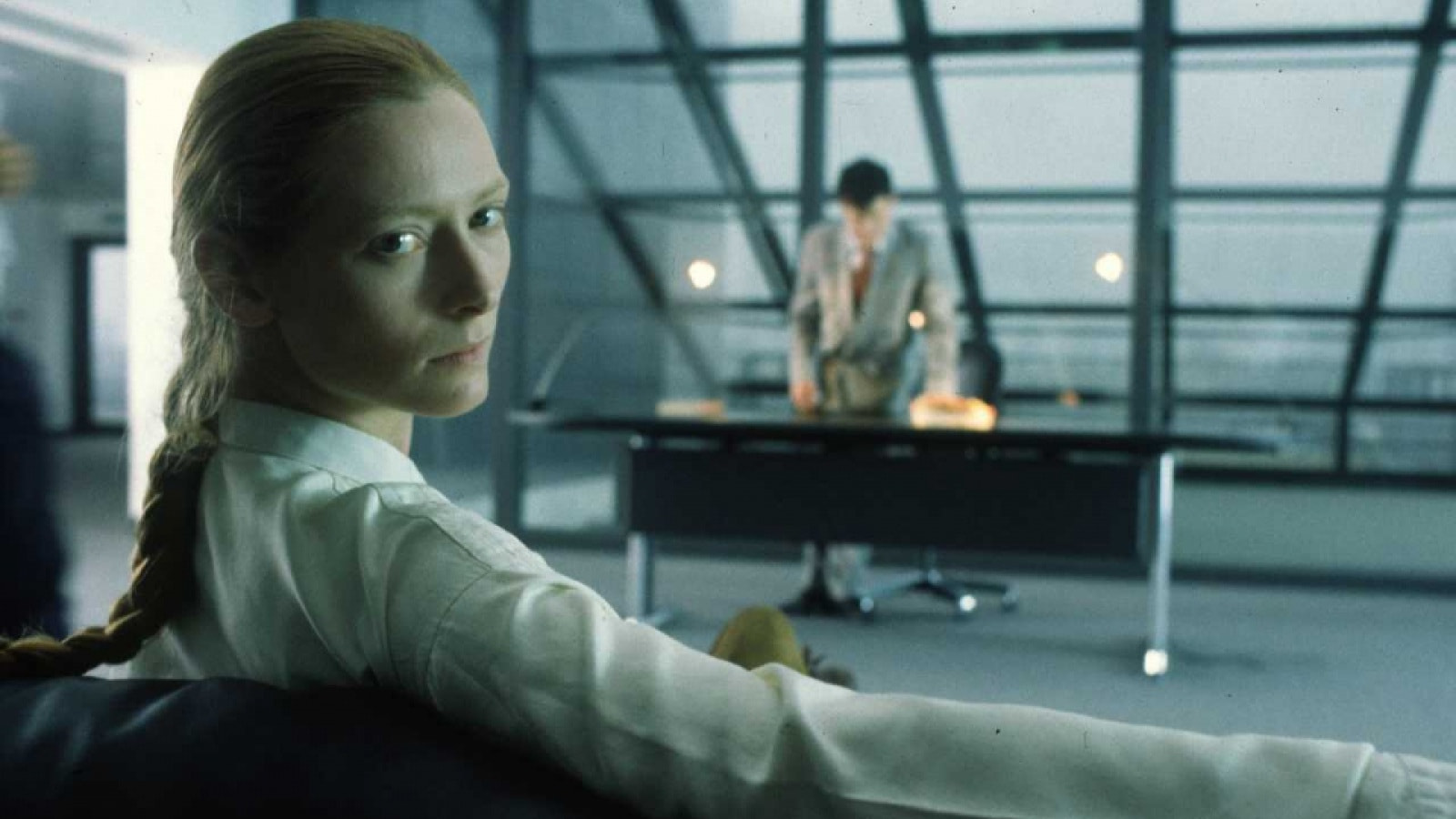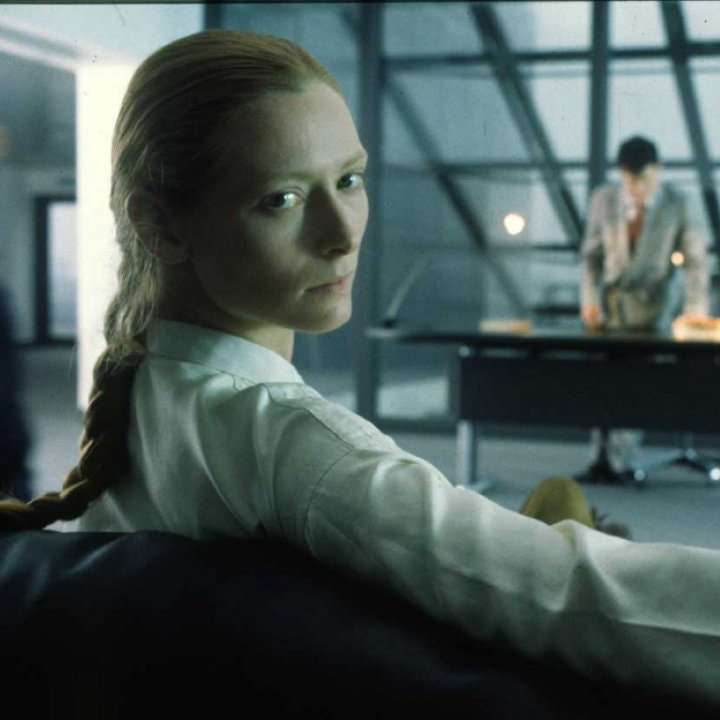This film adaptation of the modernist novel by Virginia Woolf is a sophisticated period fantasy by Sally Potter starring Tilda Swinton.
Orlando has an extraordinary fate. Tilda Swinton’s character is blessed with eternal youth and beauty and has the ability to move through time and live in different bodies. Over four hundred years, Orlando has seen many things: lush flowers and candles at the receptions of Elizabeth I, a frozen River Thames and the fair during the Great Frost of 1607, a desert during the Ottoman Empire, an elegant salon of the Enlightenment era, a First World War battlefield, and a London museum at the end of the twentieth century.
Virginia Woolf’s novel is full of literary playfulness, which has been picked up by Sally Potter. A conventional film narrative alternates with the breaking of the fourth wall, in the same way that Woolf’s biographical and essayistic writing alternate, and the addressing of the audience in the cinema has replaced the writer addressing readers on paper. Continuing Woolf’s theme, Sally Potter completed the biography of the character, who continues to live beyond 1928 (the year Orlando was published). The last time we see Orlando on the screen is in 1992, the year the movie was released.
The role of Orlando became a landmark in Tilda Swinton’s filmography and confirmed her status as an icon of independent cinema, which grew out of her collaborations with her friend and ally, the avant-garde director Derek Jarman. Like Jarman, Potter is mesmerized by Swinton’s androgynous appearance. The song by Jimmy Somerville in the film’s final scene is literally a tribute to her enigmatic, otherworldly look.
The film will be screened in English with Russian subtitles.
Orlando
Director: Sally Potter
UK, Russia, Italy, France, Netherlands. 1992. 94 min. 18+

